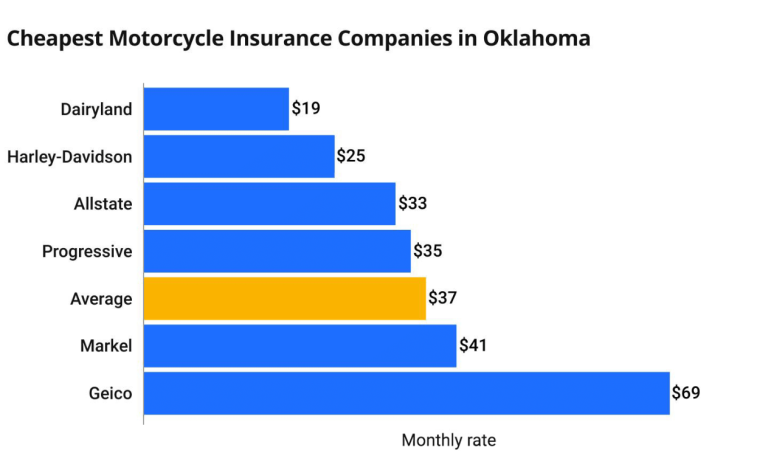I. Understanding Small Business Group Health Insurance in NJ
Contents
What is Group Health Insurance?
Group health insurance is a type of health insurance plan that covers a group of people, typically employees of a company. It offers a range of benefits, including coverage for doctor visits, hospital stays, prescription drugs, and preventive care.
Benefits of Group Health Insurance for Small Businesses
-
Attracting and Retaining Talent: In a competitive job market, offering health insurance can be a major differentiator, attracting and retaining top talent.
-
Improved Employee Morale and Productivity: Knowing they have access to quality healthcare can boost employee morale and productivity.
-
Potential Tax Benefits: Small businesses may be eligible for tax credits to help offset the cost of providing health insurance.
-
Economies of Scale: Group health insurance plans often offer lower premiums compared to individual plans, providing cost savings for both employers and employees.
II. Navigating the New Jersey Small Employer Health Benefits Program (SHOP)
What is SHOP?
The Small Employer Health Benefits Program (SHOP) is a marketplace created by the Affordable Care Act (ACA) to help small businesses in New Jersey offer health insurance to their employees.
Eligibility for SHOP
To be eligible for SHOP, your business must:
- Be located in New Jersey
- Have fewer than 50 full-time equivalent employees
- Offer health insurance to at least 70% of your eligible employees
Benefits of Using SHOP
-
Access to a Variety of Plans: SHOP offers a wide range of health insurance plans from different carriers, allowing you to compare options and choose the best fit for your business.
-
Potential Tax Credits: Small businesses may be eligible for tax credits through SHOP to help offset the cost of providing health insurance.
-
Simplified Enrollment Process: SHOP provides a streamlined online enrollment process, making it easier for you to offer health insurance to your employees.
III. Key Factors to Consider When Choosing a Group Health Insurance Plan
1. Plan Types
-
Health Maintenance Organizations (HMOs): HMOs offer lower premiums but restrict your choice of healthcare providers to a network.
-
Preferred Provider Organizations (PPOs): PPOs offer more flexibility in choosing providers but may have higher premiums.
-
Point of Service (POS) Plans: POS plans combine features of HMOs and PPOs, offering some flexibility at a potentially higher cost.
-
High Deductible Health Plans (HDHPs): HDHPs have lower premiums but require you to pay a higher deductible before insurance kicks in. They can be paired with a Health Savings Account (HSA) for tax-advantaged savings.
2. Coverage and Benefits
-
Essential Health Benefits: Under the ACA, all health insurance plans must cover essential health benefits, including preventive care, hospitalization, prescription drugs, and mental health services.
-
Network of Providers: Consider the size and accessibility of the plan’s network of doctors, hospitals, and specialists.
-
Prescription Drug Coverage: Evaluate the plan’s formulary (list of covered medications) and any associated costs.
-
Out-of-Pocket Costs: Understand the plan’s deductibles, copays, and coinsurance to estimate your potential out-of-pocket expenses.
3. Cost
-
Premiums: The monthly cost of the insurance plan.
-
Deductibles: The amount you must pay out-of-pocket before insurance coverage begins.
-
Copays and Coinsurance: The fixed or percentage amounts you pay for certain services after meeting your deductible.
-
Out-of-Pocket Maximum: The most you’ll have to pay out-of-pocket in a year.
4. Employee Needs and Preferences
-
Demographics: Consider the age, health status, and family situations of your employees.
-
Provider Preferences: Take into account any specific doctors or hospitals your employees prefer.
-
Budget: Understand your employees’ budget constraints and their willingness to contribute to premiums.
IV. Additional Resources and Support
-
Licensed Insurance Brokers: Consult with licensed insurance brokers specializing in small business group health insurance NJ to receive personalized guidance and assistance.
-
New Jersey Department of Banking and Insurance: The state’s Department of Banking and Insurance provides resources and information on health insurance for small businesses.
-
Small Business Administration (SBA): The SBA offers resources and guidance on various aspects of running a small business, including health insurance.
V. Conclusion
Providing small business group health insurance NJ is a vital investment in the health and well-being of your employees, contributing to their overall satisfaction and productivity. By understanding the nuances of group health insurance, exploring the SHOP marketplace, and carefully considering key factors, you can confidently choose a plan that meets the needs of your workforce and fosters a thriving work environment. Remember, prioritizing the health of your employees is not just a benefit, it’s a strategic advantage for your business in the competitive New Jersey landscape.
Read More: Alaska Business Insurance: Protecting Your Frontier Enterprise






